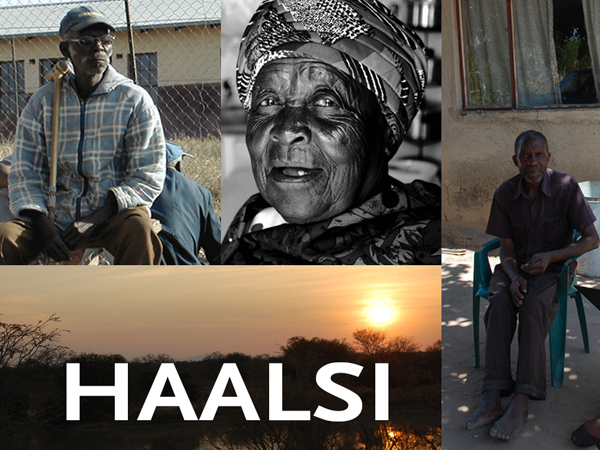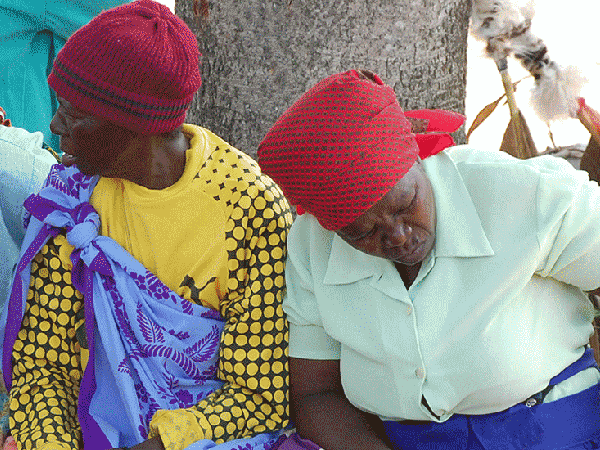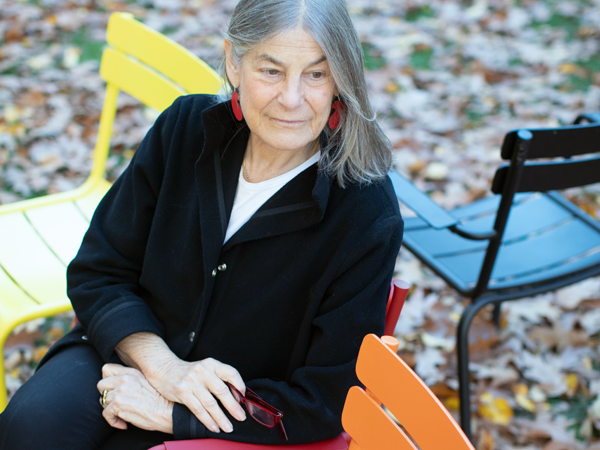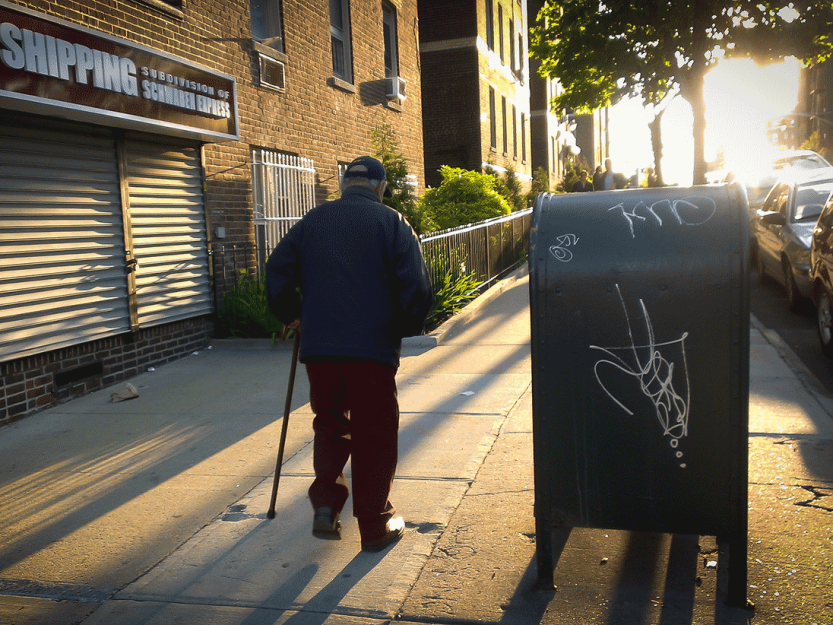Three studies by HAALSI researchers based on a rapidly aging population in rural South Africa are contributing to the much-needed scientific literature on global cognitive aging. A study published in Alzheimer’s & Dementia: Diagnosis, Assessment & Disease Monitoring found that a multidisciplinary, web-based consensus conference approach for diagnosing cognitive impairment and dementia in rural South Africa was feasible, and identified the key factors responsible for diagnostic variability among raters. In…
HAALSI study finds improvement in hypertension control in aging South African population
Researchers affiliated with the Health and Aging in Africa: A Longitudinal Study of an INDEPTH Community in South Africa (HAALSI) project have published a study on an aging population in rural South Africa in which more than half suffer from hypertension. Findings reveal that there have been improvements in addressing the condition in every phase of the treatment “cascade” (i.e., awareness, treatment and control).
HAALSI study evaluates less expensive and easier to implement method to assess salt consumption at the population level in rural South Africa
South Africa has introduced regulations to reduce sodium in processed foods. Researchers affiliated with the HAALSI study have found that spot urine samples, a less expensive (and less complicated) method of assessing salt consumption, are a viable alternative to the standard 24-h urine collection method for evaluating the population median 24hrUNa excretion. The findings, published in the Journal of Hypertension, “could play an important role for governments and public health…
Antiretroviral therapy (and resulting increased viral suppression) linked to longer AND healthier lives for older adults in South Africa
Researchers affiliated with the HAALSI study, including former Harvard Bell Fellows Collin Payne, PhD, and Lindsay Kobayashi, PhD, and faculty member Jennifer Manne-Goehler, PhD, are among the authors of a study published in The Lancet HIV that links increased viral suppression at the population level with not only increased life expectancy, but also with less disability, pointing to the value of ART to foster healthy aging. Learn more in this…
A closer look at the impact of social networks on well-being among an aging South African population
A recent study based on data from the project “Health and Aging in Africa: a Longitudinal Study of an INDEPTH Community in South Africa” (HAALSI) suggests that social capital theory (the concept that the higher socioeconomic status of your contacts can have positive health impacts as they are a type of interpersonal resource) applies not only in higher-income settings, but in a more resource-limited, rural setting in South Africa as…
A cross-national look at the health impacts of perceived healthcare discrimination in the rapidly aging populations of the U.S. and Brazil
As populations continue to grow and live longer, their reliance on healthcare systems to help them prevent and treat the illnesses and disabilities associated with aging will also continue to grow. In order to support healthy aging within a society, it is imperative that barriers to healthcare access are minimized. Perceived healthcare discrimination is one such barrier that is worthy of deeper exploration, and now recent Harvard Bell Fellows Angela…
Study of aging population in South Africa finds that HIV viral suppression through ART is leveling the field of healthy longevity
Findings by HAALSI researchers published in The Lancet Healthy Longevity, a special issue of conference abstracts, point to similar levels of increased lifespan and “healthspan” among those HIV-positive individuals who achieved viral suppression through ART as observed among HIV-negative individuals.
What affects the mental health of a population that is now growing older in sub-Saharan Africa?
Harvard Pop Center Director of Research & Research Scientist Elyse Jennings, recent Harvard Bell Fellow Leslie Adams, and senior data scientist at the University of Cape Town Chido Chinogurei have co-authored a study published in Social Science & Medicine – Mental Health (SSM-MH) that found that experiencing a marital dissolution was associated with more depressive symptoms than remaining married for both men and women, and men (but not women) reported greater…
Lisa Berkman on the “rectangularization” of the demographic pyramid in The Harvard Gazette
With more people living longer and healthier lives, along with a simultaneous decline in fertility rates, societies are facing a challenge to adapt to this “rectangularization” of the demographic pyramid. In this piece on the increase in life expectancy and “health span” in The Harvard Gazette, Harvard Pop Center Director Lisa Berkman explains how this trend could improve our work force, and how it may be contributing to our national…
Retiring at a later age may require a boost in healthy life expectancy
Working longer and later in the lifespan is more possible if it is paired with the “compression of morbidity” — a delayed onset of disability or illness. Center Director Lisa Berkman and her colleague John Rowe have published an article in Nature Aging in which they review recent findings that suggest that while life expectancy may be increasing, the period of life in which functional impairments and disabilities are experienced…
Continue reading “Retiring at a later age may require a boost in healthy life expectancy”




